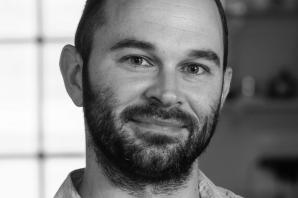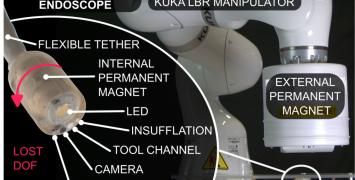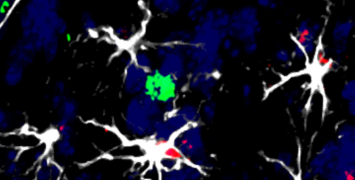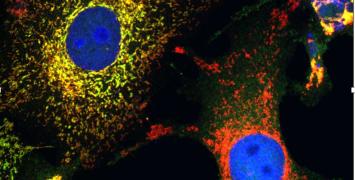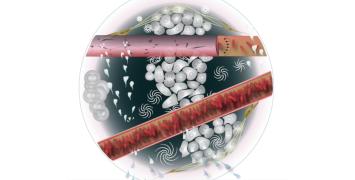Developing the cancer-fighting drugs of tomorrow
Breast cancer is the most common cancer in women worldwide. Over 2 million new cases were diagnosed in 2018. Although tools of diagnosis and the diversity of treatment have improved assuring now a 90% five-year survival rate, metastatic breast cancer remains incurable. But will they always be? Dr Manuel Thery works on the next generation of drugs that would promote novel strategies in the fight against breast carcinoma cells.
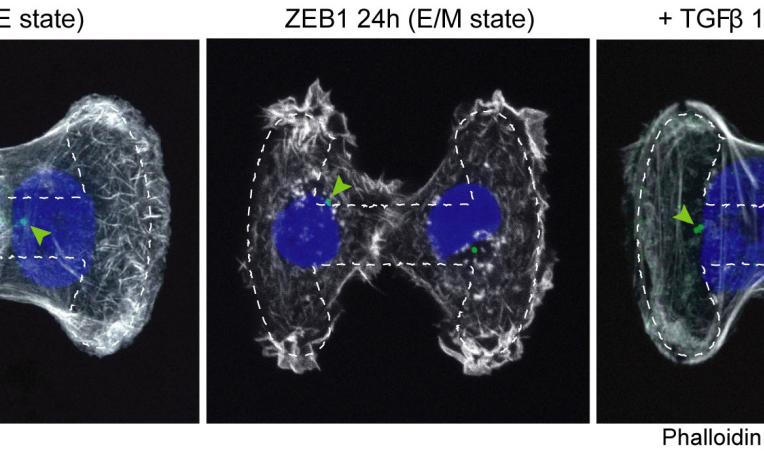
This article was first published in CORDIS Results Pack.
Carcinoma cancers start in the cells that make up the skin or tissue lining the organs. Like other cancers, the abnormal cells divide without control and travel through the blood or lymph system to other parts of the body, a process known as metastasis. Advances in the last decade identified the Epithelial-to-Mesenchymal Transition or EMT, an essential process in numerous developmental processes, as a critical triggering molecular event in the spreading mechanism. EMT is believed to provide a mechanism by which tumour cells can adapt to promote disease recurrence and progression.
Previous research by the biologist Prof. Robert Weinberg suggested that a reversion strategy of the process, named mesenchymal-to-epithelial transition (MET), could be the key to reducing the metastasis potential of breast carcinoma as well as its chemo-resistance. Dr Manuel Thery seeks to develop a new cell-based test for drug screening capable of identifying the compounds that best revert the EMT.
Developing marketable, cell-based assays
Based on preliminary results from a previous project funded through an ERC Starting grant, Dr Thery and his research team successfully developed a test to characterise the EMT-state of breast carcinoma cells. They now plan to develop a marketable, cell-based trial needed to discover new drugs capable of curing mammary tumours.
According to Dr Thery, one of the most significant challenges faced by researchers in conducting cell-based experiments was ensuring these assays complied with the standard drug screening protocol used by the pharmaceutical industry.
An important first step
With the assay formatted, the team conducted a positive control of Forskolin, a widely used compound in research, known for its capability to reverse EMT. The test performed by the team managed to capture successfully the effect that this compound has on blocking EMT, an essential first step towards developing the cancer-fighting drugs of tomorrow. If approved by the USA's Food and Drug Administration (FDA), the researchers will then launch a new research company dedicated to drug testing for pharmaceutical companies.
Read more about the results.
Biography
Dr Manuel Thery is the Research Director of the Cytomorpholab at the French Alternative Energies and Atomic Energy Commission (CEA). Graduated with a master's degree in Physics and biology interfaces from the Ecole Supérieure de Physique et Chimie de la ville de Paris (ESPCI-Paris Tech), Dr Thery obtained his PhD working with Michel Bornens on the control of cell polarity at the Institut Curie (Paris). His research interests focus on understanding cells architectures, polarity and the way cytoskeleton networks polarise their symmetry.

